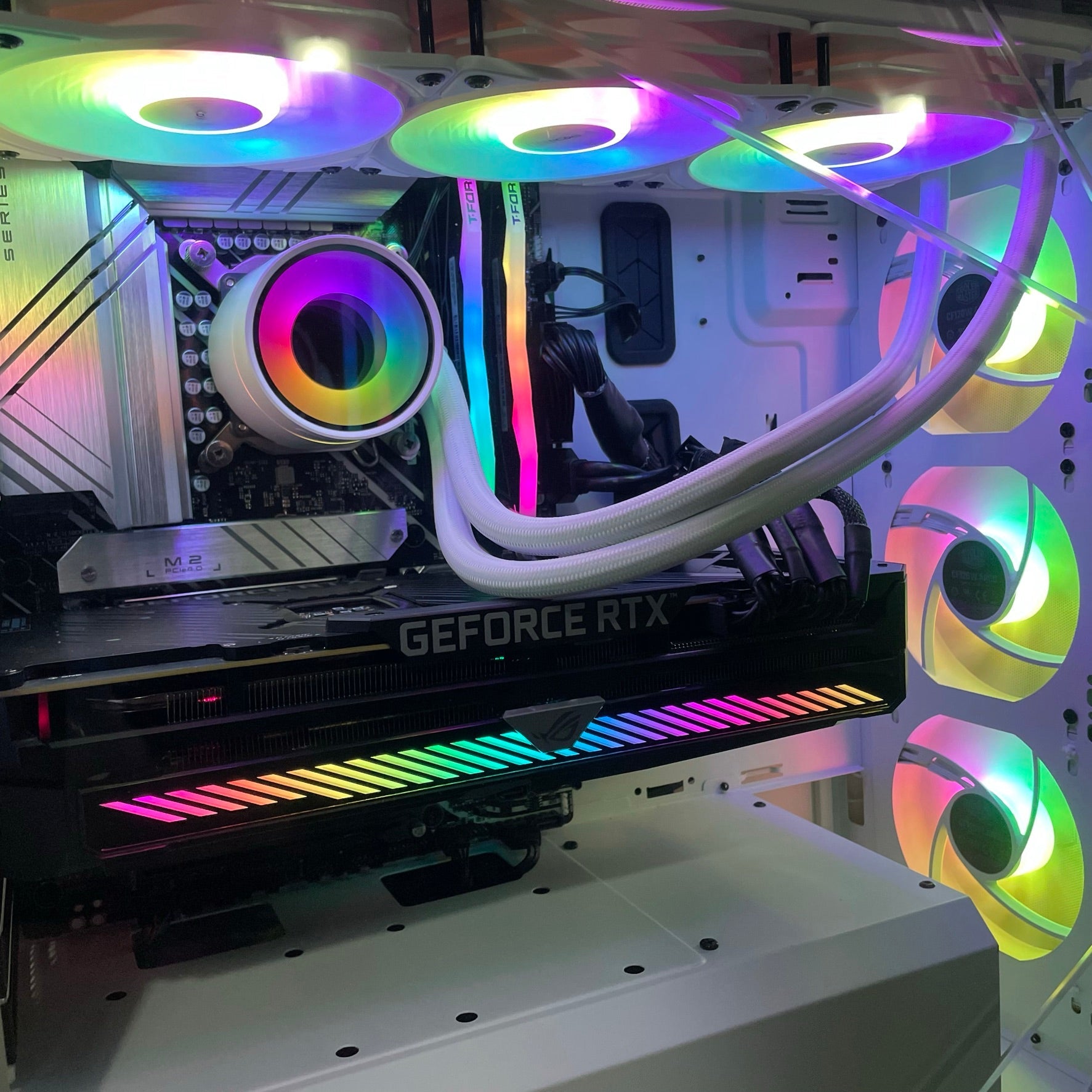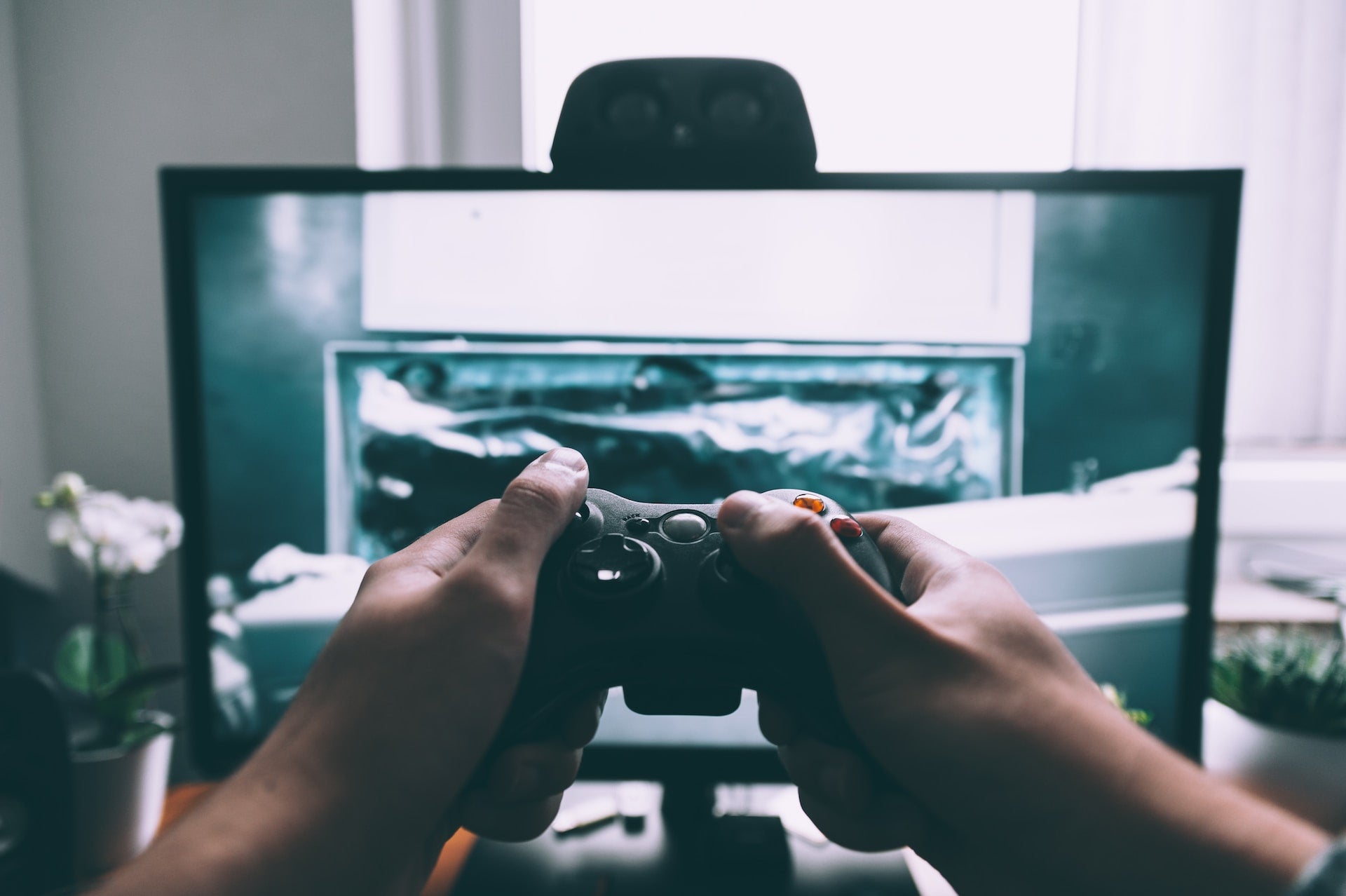Welcome back to Groovy Computers, your trusted source for all things tech! In this blog post, we'll discuss troubleshooting and maintenance tips to ensure your custom gaming PC runs smoothly and efficiently for years to come. Let's get started!
- Troubleshooting: Identifying and Resolving Common Issues
a. No Display: If your PC turns on but nothing appears on your monitor, check all cable connections and ensure the monitor is set to the correct input. If the issue persists, reseat your GPU and RAM.
b. PC Won't Boot: If your PC won't power on, double-check your power supply connections and ensure the PSU's power switch is on. Also, verify that the front panel connectors are properly connected to the motherboard.
c. Overheating: High temperatures can cause system instability and even damage components. Monitor your temperatures using software like HWMonitor. If temperatures are too high, clean your fans and heatsinks, reapply thermal paste, or consider upgrading your cooling solutions.
d. System Crashes: If your system is crashing or freezing, check for driver updates or conflicting software. Run hardware diagnostics like MemTest86 for RAM or built-in GPU tests to identify potential hardware issues.
- Maintenance: Keeping Your Gaming PC in Peak Condition
a. Regular Cleaning: Dust buildup can hinder airflow and cooling performance. Clean your case, fans, and filters every 3-6 months, using compressed air or a soft brush.
b. Software Updates: Keep your operating system, drivers, and software up-to-date to ensure optimal performance and security.
c. Component Checks: Periodically inspect your components for signs of wear or damage. This includes checking for loose connections, worn fans, or bulging capacitors on your motherboard.
d. Hard Drive Health: Use built-in tools like Windows' CHKDSK or third-party software to monitor your hard drive's health and address any potential issues.
- Optimizing Performance: Get the Most Out of Your Gaming PC
a. Overclocking: Overclocking your CPU and GPU can lead to performance gains but also increases heat output. Ensure you have adequate cooling and understand the risks before attempting to overclock.
b. Game Settings: Tweak in-game settings to achieve a balance between visual quality and performance. Adjusting resolution, texture quality, and anti-aliasing can have significant impacts on frame rates.
c. Background Processes: Close unnecessary background processes and applications to free up system resources for gaming.
- Plan for Upgrades: Keeping Your Gaming PC Future-Proof
a. Assess Bottlenecks: Identify components that may be limiting your system's performance, such as an older GPU or insufficient RAM, and prioritize these for upgrades.
b. Stay Informed: Follow industry news and reviews to stay updated on the latest hardware advancements and consider upgrading when it makes sense for your needs and budget.
Conclusion:
Proper troubleshooting, maintenance, and optimization can help ensure your gaming PC runs smoothly for years to come. By staying vigilant, keeping your system clean, and planning for future upgrades, you'll enjoy a high-performance and reliable gaming experience. Game on!




Leave a comment
All comments are moderated before being published.
This site is protected by hCaptcha and the hCaptcha Privacy Policy and Terms of Service apply.